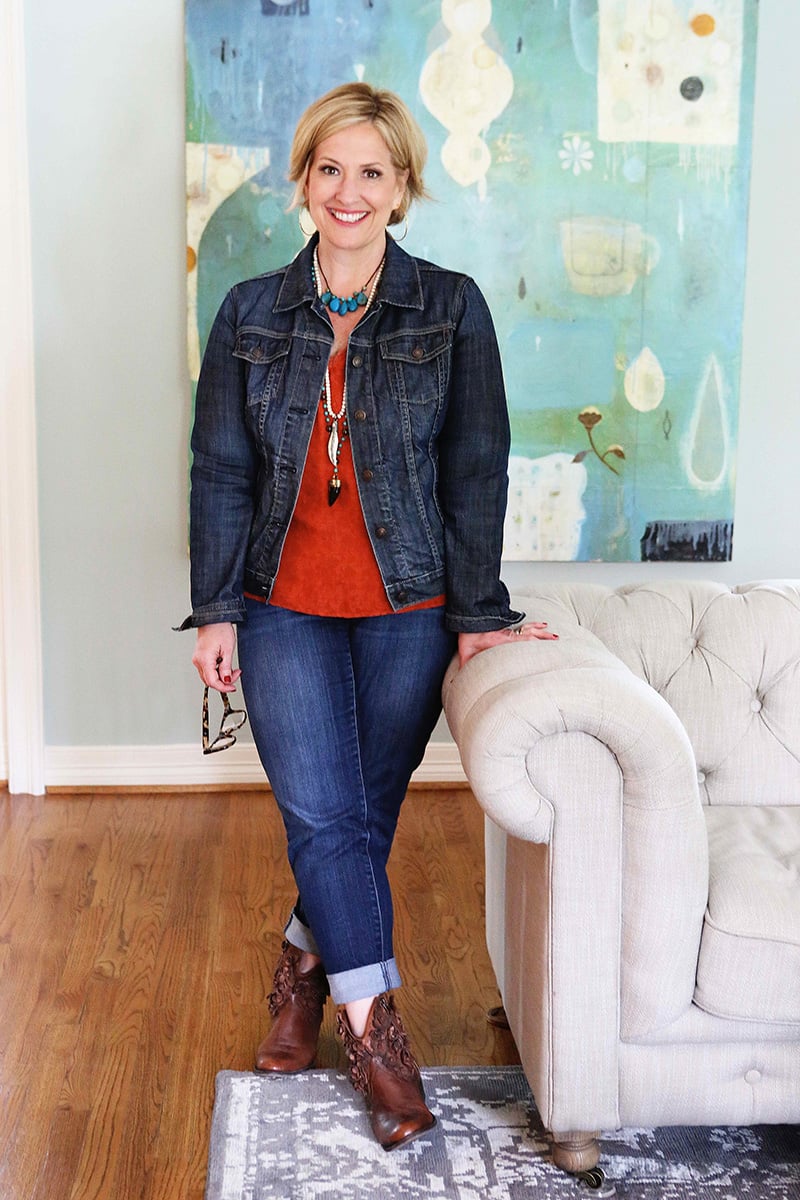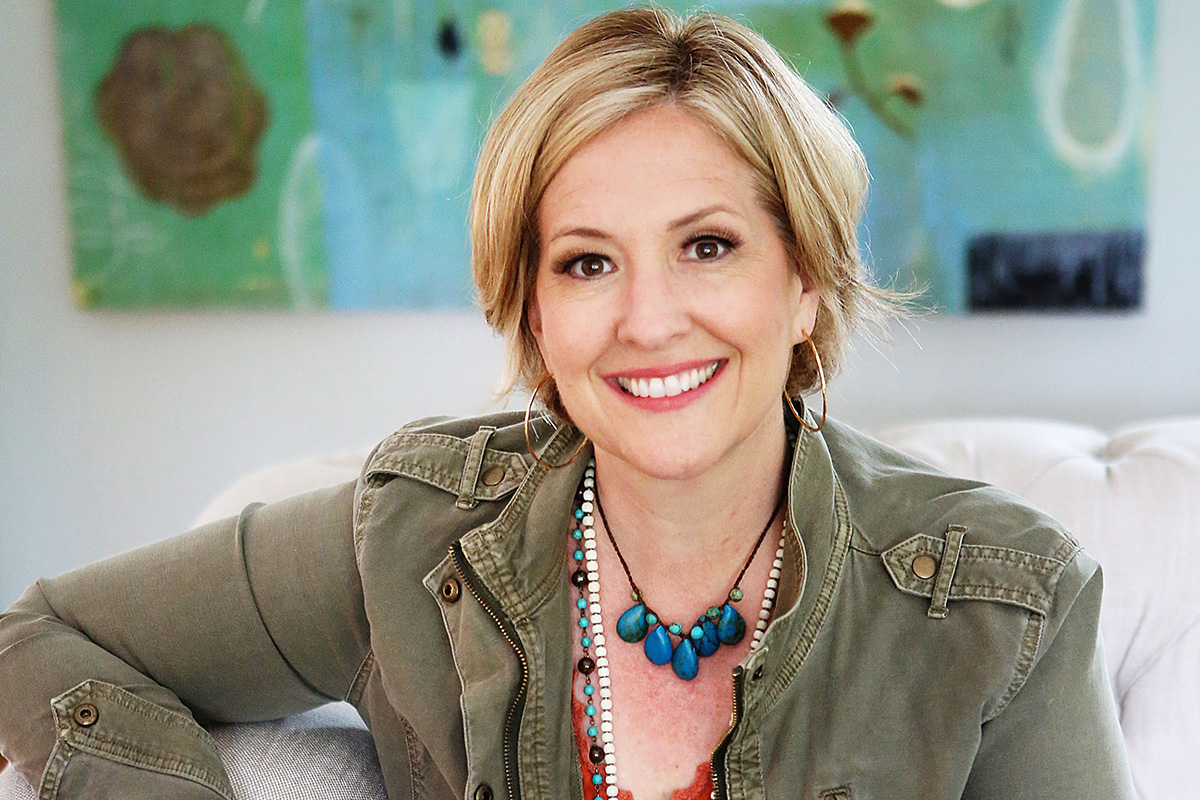Facing times of uncertainty can have different effects on everyone and there’s no doubting that anxiety is rife across the globe during this unprecedented fight against COVID. But coping with stress can be made that little bit easier with insightful lessons from Brené Brown.
The leadership phenomenon unveiled the techniques she uses to deal with anxiety on her inspiring podcast Unlocking Us.
“I have been close to the edge and I have been over the edge – these are anxious times,” she says. “What’s especially hard right now, in addition to the disappointment, is not knowing.”
For many of us, staying home in self quarantine is the role we must play to flatten the curve while heroic health workers battle the virus on the frontline.
“Like dominos, once one person’s anxiety flares up, it’s really hard for it not to spread – it’s the contagion.” – Brené Brown
With that brings an array of many emotional challenges. It’s hard not to feel fearful, concerned or tense when there are more than three million confirmed cases of COVID-19 globally; the US with almost one million cases alone.
Brené, who hosts her conversational podcast to evoke courageous leadership, explained in her podcast about anxiety, calm and over/under functioning, how anxiety is infectious.
“Anxiety is one of the most contagious emotions that we experience, and many mental health professionals and researchers believe because anxiety is so contagious, it’s rarely a function of individuals, it’s a function of groups,” she says. “Like dominos, once one person’s anxiety flares up, it’s really hard for it not to spread – it’s the contagion.”

The spread of anxiety is thought to be as dangerous as any pathogen due to its impact on immune systems. Heightened stress can result in an increased release of cortisol, which suppresses immunity and decreases white blood cells, according to Psychology Today.
Additionally, Brené explains how the way we cope with anxiety – whether it’s through over or under function – can be linked to our birth order and our place in our families.
“We have patterned ways of managing anxiety that we developed in our first families possibly around birth order… family functions play a huge part in this,” she said on her podcast. “Both forms of functioning are forms of armour – they’re learned behaviours for getting out from underneath fear and uncertainty.”
As we navigate these truly testing times that continue to uproot the way the world works, the author of five No 1 New York Times bestsellers shares the lessons she’s learned throughout her lifetime about coping with anxiety and embracing the practice of calm.
“The news is hard – it’s going to get harder, and anxiety is going to ratchet up, and I think if we can be aware and understand that our calm can be as contagious as anxiety, we can start to have an impact in our relationships, in our homes, in our teams and in our communities,” Brené explains.
Brené Brown on coping with anxiety
“We all have patterned ways of managing anxiety that come from roles we played in our early families,” Brené said in her podcast. “Over-functioners, like me, can work on being more vulnerable in the face of anxiety and under-functioners can work to find their strengths and competencies.”
“From the data around calm practice, try to be slow to respond and quick to think ‘do I have all the information I need to make a decision or form a response?’,” she advises. “A lot of times a panicked anxiety-driven response is due to a lack of data, so ask, ‘do I even have the information I need to emotionally respond?’”
“Stay mindful about the affect that calm has on anxious situations. A panicked response produces more panic and fear,” Brené explains. “Do we want to infect people with more anxiety, or heal ourselves and the people around us with calm?
“Breathe slow, ask questions, don’t be afraid to say you’re not sure and need to think about it some more.”
“There are two questions that I always ask myself and they become default in times of high anxiety,” she says. “One is, ‘do I have enough data to freak out?’ and the second one is, ‘will freaking out help even if I have enough data?’ – I rarely have enough data to freak out.”
We sat down for an exclusive interview with Brené Brown to find out how leading with bravery begins with vulnerability.







